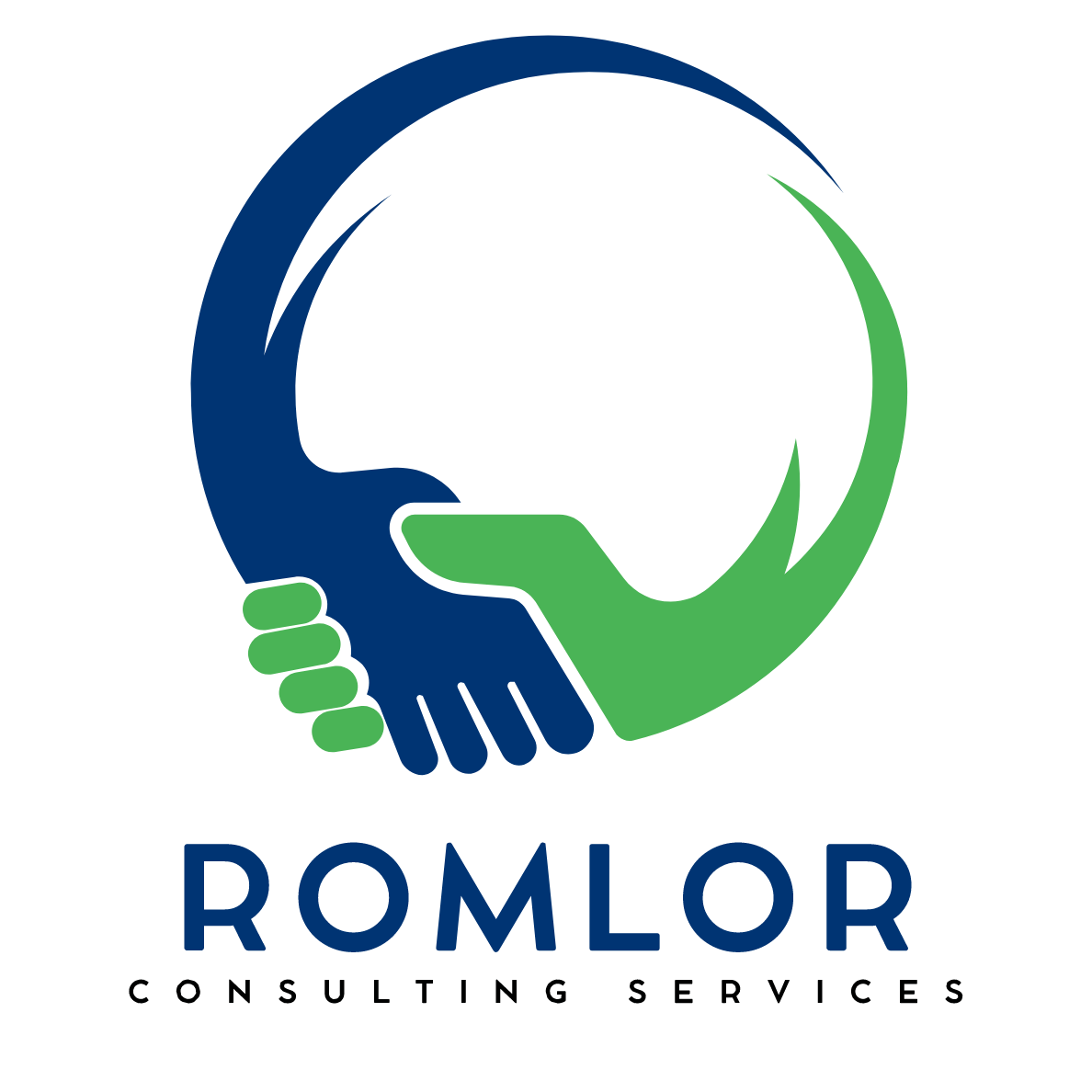Free Resources
Free Resources
Your Career Reflection Bundle: Find Clarity and Define Your Path
Are you feeling stuck in your career and searching for a way to reflect, refocus, and move forward with purpose? The Career Reflection Bundle is here to help you assess where you’ve been, clarify where you want to go, and take actionable steps toward a fulfilling professional future.

Essential Tips for Building Your Professional Map

Overcoming Imposter Syndrome and
Building Your Professional Self

Networking Navigator: Essential Tips for Building Your Professional Map


Your Personalised Journey to Success
As a passionate career coach with a love for exploration,
I’m dedicated to helping you navigate the unique contours of your career. Whether you're entering a new field, advancing in your current role, or seeking direction, I provide strategic insights and personalized support tailored to your goals.
Let’s embark on this journey together and create an exciting future.
Start your journey today!
YOU MAY HAVE SEEN ME ON




Testimonials
"Big thanks to Romayne for their invaluable help refining my resume. Their attention to detail and skill in crafting compelling content greatly boosted its quality and effectiveness. With their constructive feedback, my strengths and accomplishments were highlighted more effectively, improving my professional image on LinkedIn and enhancing my resume's appeal to potential employers. I'm truly grateful for Romayne’s assistance for enhancing my resume and LinkedIn."

Kanchan Rathore.
Technical Recruitment Specialist
"Romayne gave me helpful tips and tricks to fine tune my resume to land me a job. She actively listened to my goals and gave me the best recommendations and advice to achieve them."

Wanaemi Amaegbe.
Technical Support Advisor
Blog Posts

Future-Proof Your Career: Essential Skills to Prioritize in 2025
As we approach 2025, the professional landscape is undergoing seismic changes. Technology, globalization, and evolving work dynamics are reshaping industries at an unprecedented pace. Success in this environment depends not just on staying relevant but on standing out. This requires a sharp focus on skills that align with the needs of tomorrow’s workplace.
2025 isn’t just another year — it’s a turning point. It’s a year when professionals need to critically assess their abilities, embrace lifelong learning, and prioritize skills that provide a sustainable edge in an ever-competitive job market.
In this blog, let’s explore why 2025 is so pivotal for skill development, identify the essential skills to focus on and provide actionable steps to cultivate them for career success.
Why 2025 Is a Turning Point for Skill Development
The year 2025 is significant because of the accelerating convergence of technological innovation and workforce transformation. The Fourth Industrial Revolution — marked by advancements in artificial intelligence (AI), machine learning, and automation — has already begun to redefine the very fabric of work. By 2025, these technologies will be deeply integrated into nearly every industry, necessitating new skill sets across the board.
At the same time, the global shift to hybrid and remote work models has created a new set of challenges. Employees and leaders alike need to navigate virtual collaboration, cross-cultural communication, and digital-first business strategies. This transition demands that professionals build not only technical competencies but also human-centric skills, such as empathy and adaptability.
Moreover, employers are increasingly prioritizing agility and resilience in their teams. With the unpredictability of global markets and constant disruptions — from economic shifts to public health crises — professionals who can pivot quickly, think strategically and remain calm under pressure will be invaluable assets.
2025 isn’t just about catching up with trends; it’s about future-proofing your career. Those who proactively invest in skill development now will be better equipped to thrive in the face of change, while those who remain complacent risk being left behind.
Understanding the Types of Skills That Will Dominate in 2025
The skills needed to succeed in 2025 fall into two broad categories: technical skills and human-centric skills. Each plays a crucial role in ensuring career resilience and growth.
Technical skills encompass the knowledge and expertise required to effectively leverage new technologies and digital tools. This includes everything from proficiency in data analytics and AI programming to a strong understanding of cybersecurity principles. As businesses continue to digitize, technical skills will become baseline requirements in many professions.
On the other hand, human-centric skills — such as critical thinking, creativity, and emotional intelligence — will set professionals apart in an increasingly automated world. While machines can analyze data and perform repetitive tasks, they lack the capacity for nuanced decision-making, empathy, and innovative problem-solving. These uniquely human traits will remain irreplaceable.
The key to thriving in 2025 lies in mastering the interplay between these two skill types. For example, a marketing professional might use data analytics to identify consumer trends but rely on creativity and emotional intelligence to design campaigns that resonate with audiences. Understanding how to integrate technical expertise with human-centric skills is what will truly set professionals apart.
Top Skills to Prioritize in 2025
As we move into 2025, certain skills will become indispensable for staying competitive and relevant in the evolving professional landscape. These skills will shape your career and enable you to thrive in an ever-changing environment. Here’s a look at the top skills to focus on:
1. Digital Literacy and Technological Savviness:
As we move further into the digital age, digital literacy will no longer be a bonus — it’s a requirement. By 2025, understanding the fundamental workings of AI, machine learning, cloud computing, and other cutting-edge technologies will be integral to any profession. Even those in traditionally non-technical fields — such as human resources, sales, and education — will need a foundational understanding of these tools to remain competitive.
The key to becoming digitally literate is to stay curious and proactive. Seek out training in emerging technologies, whether it’s a course in data analysis, blockchain basics, or cloud-based project management tools.
Additionally, consider learning how to utilize AI-driven tools to automate routine tasks, freeing up time for higher-level work. This knowledge will empower you to make more informed decisions, streamline workflows, and keep pace with the latest innovations in your industry.
2. Critical Thinking and Complex Problem-Solving:
Critical thinking and problem-solving will be two of the most sought-after abilities in 2025. The rapid pace of technological change and the increasing complexity of global challenges demand that professionals think on their feet, evaluate competing information, and devise innovative solutions. In practice, this skill involves questioning assumptions, evaluating evidence, and approaching problems from multiple angles.
For example, if a business faces an unexpected market disruption, critical thinkers can quickly assess potential risks, analyze data, and propose solutions that are not immediately obvious.
Similarly, problem-solvers will be able to navigate the complexities of new technologies and industries, overcoming obstacles that arise in fast-paced environments. This skill also encompasses the ability to evaluate long-term outcomes and foresee potential consequences of decisions, helping businesses make smarter, more strategic choices.
3. Leadership and Collaboration in Remote Work:
With remote and hybrid work here to stay, leadership in 2025 will be centered around digital communication and virtual team management. Effective leaders will need to inspire, engage, and motivate teams from a distance while fostering a sense of connection and belonging.
Moreover, collaboration will be just as crucial. Professionals must develop strong virtual collaboration skills, such as using collaborative tools like Slack, Zoom, and Microsoft Teams effectively.
Beyond the technical tools, the ability to communicate clearly and manage virtual teams with empathy will set you apart as a true leader. Cultivating a culture of trust, accountability, and flexibility in remote teams will be key to ensuring long-term success.
4. Creativity and Innovation for Business Growth:
Creativity has always been valuable, but in 2025, it will be critical to business survival. As industries become more competitive and technology takes over mundane tasks, creativity will fuel differentiation and innovation.
Whether it’s creating unique marketing campaigns, designing groundbreaking products, or finding new ways to serve customers, creative professionals will continue to be in high demand.
Additionally, creativity is not just about being "artistic" — it’s about adopting a mindset of continuous improvement and innovation. It means asking, “What can we do better?” or “How can we do this differently?” Creativity helps businesses stand out, adapt, and grow by introducing new ideas and approaches. This also involves identifying gaps in the market and using innovative thinking to fill them.
5. Agility and Resilience in Navigating Uncertainty:
The ability to quickly adapt and recover from setbacks is a critical skill as the world continues to face volatility, uncertainty, and complexity. Agility involves being open to new ideas, pivoting when necessary, and continuously learning. Resilience, on the other hand, is the ability to bounce back after challenges and maintain a positive, solution-focused mindset.
Professionals who can demonstrate these qualities are not only seen as valuable team members but also as leaders who can inspire others to face challenges head-on.
Whether it’s navigating a downturn in the economy, adjusting to a new work environment, or leading a team through a crisis, agility, and resilience will enable you to thrive in even the most uncertain circumstances. Cultivating these qualities will not only enhance your career prospects but also empower you to maintain a sense of control in a fast-changing world.
How to Cultivate These Skills for Career Success
Developing these skills requires intentional effort. Start by identifying the areas where you need growth and seeking out resources to fill those gaps. Online platforms like Coursera, LinkedIn Learning, and Udemy offer courses on everything from data analysis to emotional intelligence.
Engage in practical learning opportunities, such as taking on new projects at work, volunteering for leadership roles, or participating in hackathons and workshops. Experience is often the best teacher.
Networking is another powerful tool for skill development. Surrounding yourself with diverse professionals exposes you to new perspectives, ideas, and opportunities for collaboration. Attend industry events, join online communities, and seek out mentors who can guide your growth.
Finally, commit to regular self-assessment and reflection. Set measurable goals, track your progress, and be open to feedback. Personal growth is an ongoing process, and staying adaptable will ensure your skills remain relevant in an ever-changing landscape.
Conclusion
As we enter 2025, the skills you prioritize today will define your career tomorrow. By focusing on digital literacy, critical thinking, creativity, leadership, and resilience, you can set yourself apart and remain an invaluable asset in any organization.
The future of work isn’t just about keeping up – it’s about staying ahead. Now is the time to embrace a mindset of continuous learning and seize opportunities for growth. Take charge of your career development and make sure you’re equipped for the future.
Start today by identifying one skill area you want to improve. Whether it’s enhancing your digital literacy, developing leadership qualities, or boosting your creativity, take the first step now.
FAQs
1. How can I stay up to date with emerging technologies and tools?
Regularly follow industry blogs, subscribe to newsletters, and attend webinars or online conferences to keep yourself informed. Hands-on practice is also key, so consider exploring free online tools or platforms to get real experience.
2. How can I improve my emotional intelligence for remote leadership?
Start by actively listening to your team, understanding their concerns, and offering support where needed. Practice empathy through virtual one-on-one meetings and encourage open communication to build trust and rapport.
3. What are some practical ways to develop resilience in my career?
Embrace challenges as learning opportunities, seek feedback regularly, and practice mindfulness techniques like meditation or journaling. Building a strong support network of peers and mentors can also help you bounce back from setbacks more effectively.

The Extra Mile: How to unlock your highest potential
Unlock the secret to better digestive health with 'Gut Feeling.' Discover how to nourish your gut and improve your overall well-being. ... more
mind and body
08 April 2024 • 7 min read


